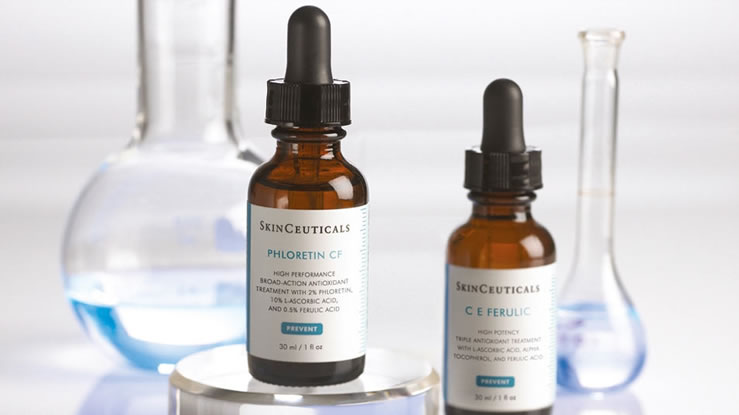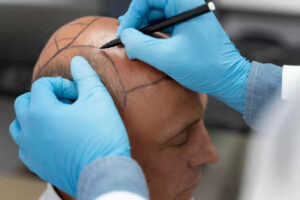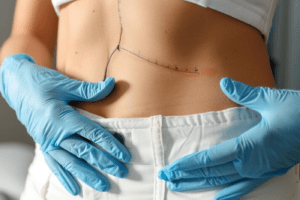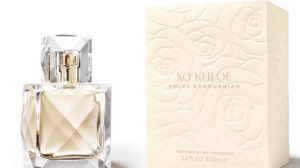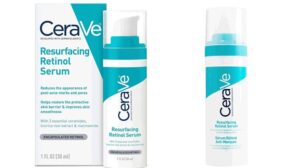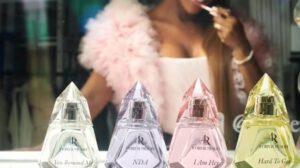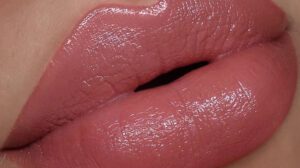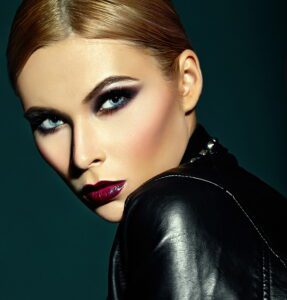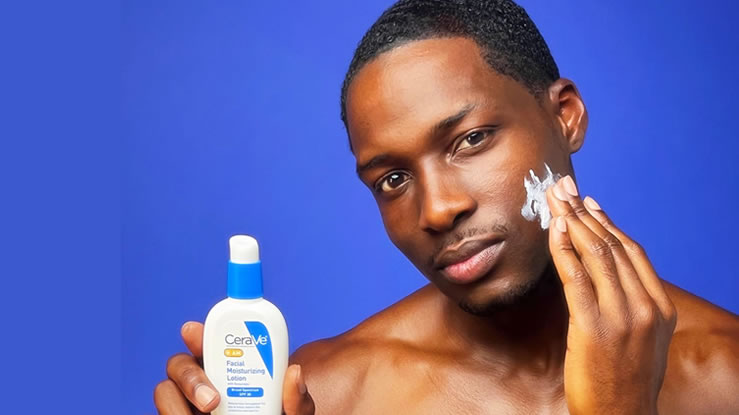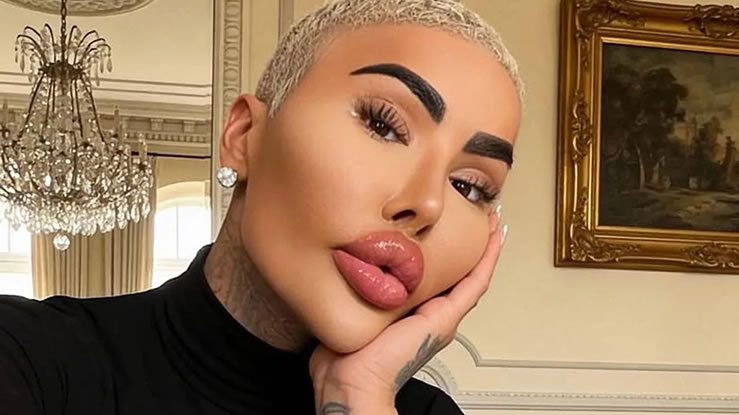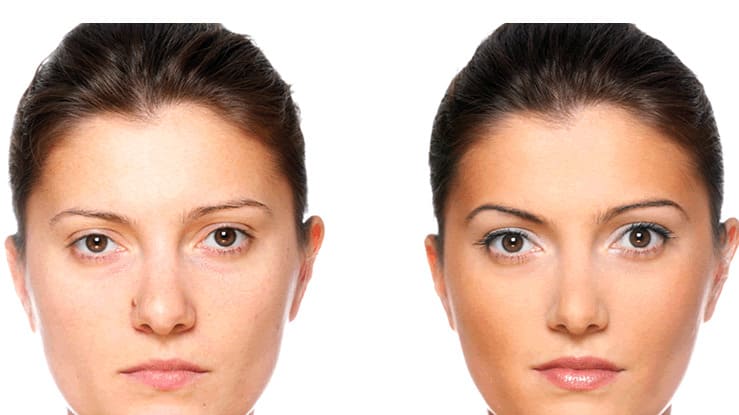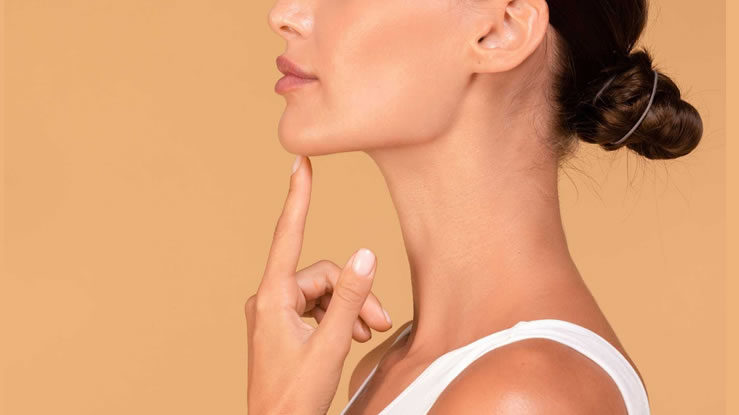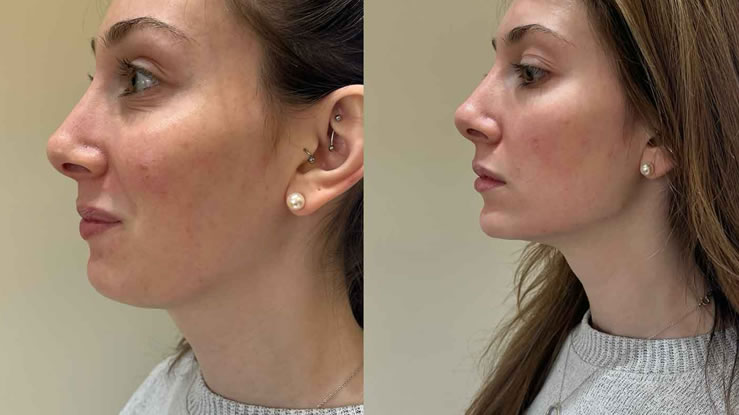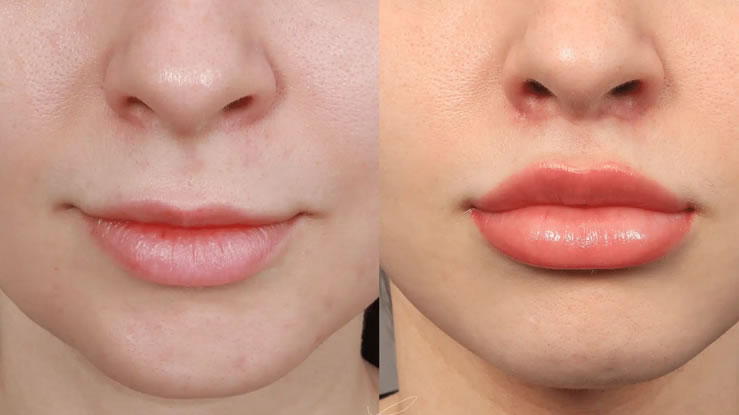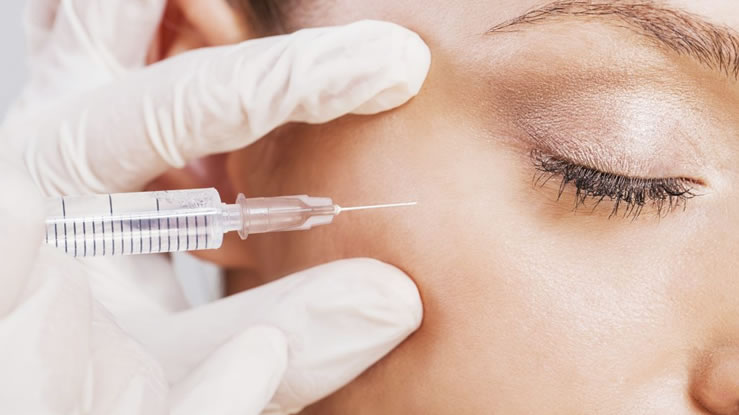The skincare market is massive. Billions of dollars are spent each year on creams, serums, and treatments. Some products are real and can help. Others are fake or make promises they cannot keep. These scam skincare products not only waste money but can also damage your skin and health.
Scam skincare products usually fall into two main groups. The first group is counterfeit products. These are fake versions of popular brands. The second group is products that make false or exaggerated claims. Both types are harmful in different ways. This article explains how these scams work, what risks they carry, and how to protect yourself.
Counterfeit Skincare Products
Counterfeit products are copies of popular items. They are made to look like real products, but they are not. Many come in packaging that looks almost identical to the original. Because of this, it is often hard to spot them at first.
These fake items are not made in safe labs. Many are mixed in dirty rooms without proper controls. Harmful ingredients may be added to cut costs. In some cases, tests have found dangerous metals such as arsenic, cadmium, and beryllium inside them. Others contain bacteria that can infect the skin.
The damage from counterfeit skincare can be severe. Common reactions include rashes, acne, and swelling. Long-term use can even lead to chronic skin problems. In rare cases, toxic ingredients can harm the body, not just the skin.
Read Also>>>Best and Worst Skincare Products I’ve Tried
Where Counterfeit Skincare is Sold
Counterfeit products are common online. They are often sold on third-party marketplaces. Many appear on websites that do not have strong safety checks. They are also found in street markets or small shops that are not official sellers.
One clear warning sign is price. If a luxury product is being sold at a much lower cost than usual, it may be fake. Another sign is packaging errors. This can include spelling mistakes, uneven fonts, or labels that look slightly different from the real version. Always compare the item with pictures from the brand’s official website.
Ineffective or Overpriced Skincare Products
Not all scams are counterfeit. Some products are real but do not work as promised. They may be made by real brands but sold with claims that sound too good to be true.
These products often play on common fears about skin. They promise fast fixes like “pore shrinking,” “instant firming,” or “overnight wrinkle removal.” In reality, no cream can perform miracles. At best, they may hydrate the skin for a short time. At worst, they do nothing at all.
Common Examples of Ineffective Products
-
Neck creams: Many brands sell expensive creams just for the neck. Dermatologists often say that regular moisturizer and retinoids are enough. A “special” neck cream is not needed.
-
Pore-minimizing primers: These may make skin look smooth for a short time. But they cannot shrink pores. In fact, some primers clog pores and make the problem worse.
-
Firming lotions or body washes: Claims that a lotion can firm skin are often false. Real skin firming requires medical treatments, not a bottle of cream.
-
Eye serums: These are often just small bottles of moisturizer. The price is higher, but the ingredients are very similar.
Why People Fall for Skincare Scams
There are many reasons why scams succeed. One is marketing. Ads often show flawless models and promise dramatic results. Photos are edited to make skin look smoother than it really is.
Another reason is insecurity. Many people want to hide wrinkles, acne, or dark spots. They may be willing to try anything that promises a quick solution. Scammers know this and target people who are worried about their appearance.
Social media also spreads scams. Influencers are often paid to promote products. Sometimes they do not even use them. Followers may believe the hype and buy without checking facts.
The Role of Genetics
Not all skin problems can be fixed with products. Genetics play a large role in skin health. Some people naturally have smooth skin. Others struggle with acne or early wrinkles even with good care. This explains why a product may work for one person but not another.
Some people believe they see results only because they are consistent with a routine. In reality, basic care like cleansing, moisturizing, and sunscreen is often enough. Extra products may not make a real difference.
Lifestyle and Skin Health
Skincare is not just about creams and serums. Lifestyle choices also shape skin health. A balanced diet, drinking enough water, and sleeping well all affect the skin. Stress and poor eating habits can cause breakouts.
Sun exposure is another major factor. UV rays cause early aging, wrinkles, and even skin cancer. Sunscreen is one of the most effective products anyone can use. Unlike many trendy serums, sunscreen has proven long-term benefits.
Real Products vs. Marketing Hype
Some products are real and backed by science. Ingredients like retinol, niacinamide, and vitamin C have been studied. They can improve skin over time. But even these require patience and proper use. Results do not happen overnight.
The problem is that many brands mix small amounts of these ingredients into creams, then market them as “powerful solutions.” The amount may be too low to make a real change. This trick allows brands to charge high prices without offering much value.
How to Spot a Skincare Scam
To protect yourself, use these tips:
-
Always buy from official stores or authorized sellers.
-
Check labels for spelling errors or strange fonts.
-
Be careful of deals that seem too cheap.
-
Question promises of instant results.
-
Read ingredient lists and learn what really works.
Do You Really Need a 10-Step Routine?
Many skincare trends suggest long routines with many steps. Some people believe this is necessary. But dermatologists often say that the basics are enough. A cleanser, moisturizer, and sunscreen cover most needs.
Adding extra products can sometimes harm the skin. Too many layers may irritate sensitive skin. Some products cancel out each other’s effects. Keeping it simple is often more effective.
The Psychology Behind Skincare Purchases
Buying skincare is not just about health. It is also emotional. Many people enjoy the feeling of caring for themselves. Brands use this emotion in their marketing. Pretty packaging, luxury branding, and influencer promotions create a sense of desire.
This is why some people feel better when they use expensive products, even if the results are the same as cheaper options. The experience itself can feel rewarding. But this does not mean the product is worth the price.
Safe Alternatives
If you want to keep your skin healthy without falling for scams, stick to safe and proven basics:
-
Use a gentle cleanser.
-
Apply moisturizer daily.
-
Wear sunscreen every day.
-
Add proven ingredients like retinol or niacinamide if needed.
-
See a dermatologist for serious skin problems.
These steps are often cheaper, safer, and more effective than chasing the latest trending product.
Scam skincare products are everywhere. Some are dangerous fakes filled with toxins. Others are real but make false promises and waste your money. Counterfeit items can harm your skin, while overpriced products often do little.
To avoid scams, buy only from trusted sources and question claims that sound too good to be true. Remember that healthy skin depends on more than products. Genetics, lifestyle, and daily habits matter just as much.
In the end, the most effective skincare routine is simple. Cleanse, moisturize, protect from the sun, and live a healthy lifestyle. Anything beyond that should be chosen with care.

